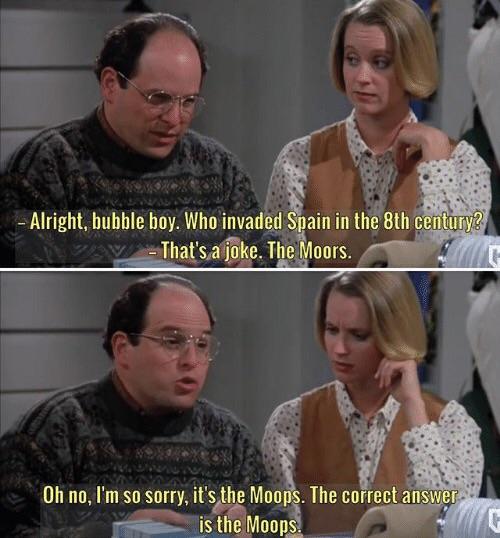ME/CFS Science Blog
Senior Member (Voting Rights)
I've written some of my thoughts about the new reports and guidelines on ME/CFS that have been published over the past 5 years.
They seem to form a new consensus, one where PEM is a required criterium for ME/CFS, where GET is no longer recommended and CBT is proposed as a supportive treatment.
This is an important step forward but there are also some strange things about these reports. For example, the CBT they describe is usually a supportive version to help patients cope with their symptoms, not the psychosomatic version that was tested in trials and that aims to cure ME/CFS by tackling kinesiophobia and deconditioning. The guidelines happily use the results of the trials, however, to argue that the supportive CBT they describe is evidence-based. It does not make much sense to me.
The full blog is available here: https://mecfsskeptic.com/the-new-consensus/
Am interested in hearing your thoughts about it.
They seem to form a new consensus, one where PEM is a required criterium for ME/CFS, where GET is no longer recommended and CBT is proposed as a supportive treatment.
This is an important step forward but there are also some strange things about these reports. For example, the CBT they describe is usually a supportive version to help patients cope with their symptoms, not the psychosomatic version that was tested in trials and that aims to cure ME/CFS by tackling kinesiophobia and deconditioning. The guidelines happily use the results of the trials, however, to argue that the supportive CBT they describe is evidence-based. It does not make much sense to me.
The full blog is available here: https://mecfsskeptic.com/the-new-consensus/
Am interested in hearing your thoughts about it.

